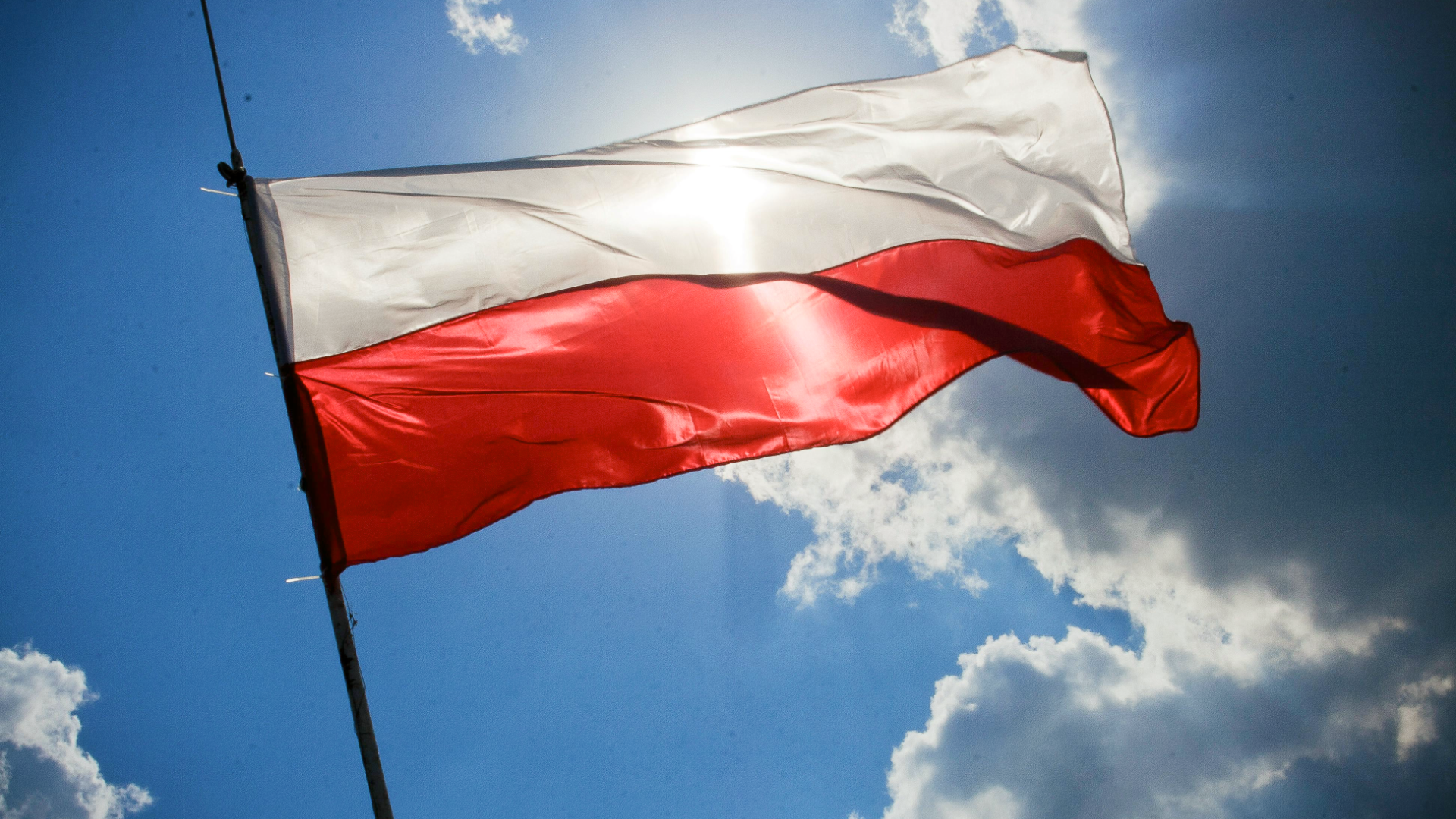A consortium of nine leading European banks, including giants such as ING and UniCredit, has announced the creation of a new, Amsterdam-based company. Its goal is one: to bring euro-linked stablecoin to market.
This is a bold and strategic move to respond directly to the growing hegemony of US companies in the digital currency and payments sector.
The data leaves no illusions. While the global stablecoin market is valued at nearly $300 billion, the value of euro-based tokens is only around $620 million. This overwhelming disparity shows how digital finance is dominated by assets linked to the US dollar.
The European banks’ initiative is intended to be a viable alternative and a step towards strategic autonomy for Europe in the payments space. The aim is to create a token that will enable fast, cheap and secure settlements within the European financial ecosystem, reducing reliance on solutions from overseas. The new stablecoin is expected to be launched in the second half of next year.
The project is born in an interesting regulatory environment. The European Central Bank (ECB) has long expressed scepticism towards privately-issued stablecoins, citing potential risks to financial stability and monetary policy. ECB President Christine Lagarde has repeatedly called for rapid implementation of regulation and promoted the idea of the digital euro as a safer, public alternative.
On the other hand, commercial banks are concerned that the digital euro could lead to an outflow of customer deposits directly to the ECB. In this context, their own private stablecoin could be seen not only as competition for US tokens, but also as an attempt to present their own solution to the market before the central bank does.
The pressure is mounting on Europe. As Deutsche Bank analysts point out, the world is facing a monetary dilemma: implement stablecoin-based solutions or risk being left behind. Emerging economies in particular are increasingly looking to dollar tokens as an alternative to local currencies.
However, it is worth remembering that simply launching a token does not guarantee success. An example is the euro-based stablecoin launched by French bank Societe Generale in 2023, whose market capitalisation remains relatively low.
However, the new consortium, which also includes KBC, Danske Bank and Raiffeisen Bank International, among others, has a much larger reach, which could be the key to widespread adoption and a real shift in the balance of power in the global digital asset market.












